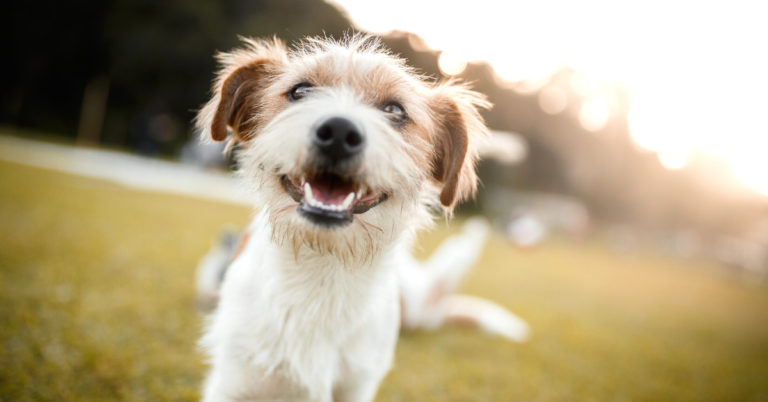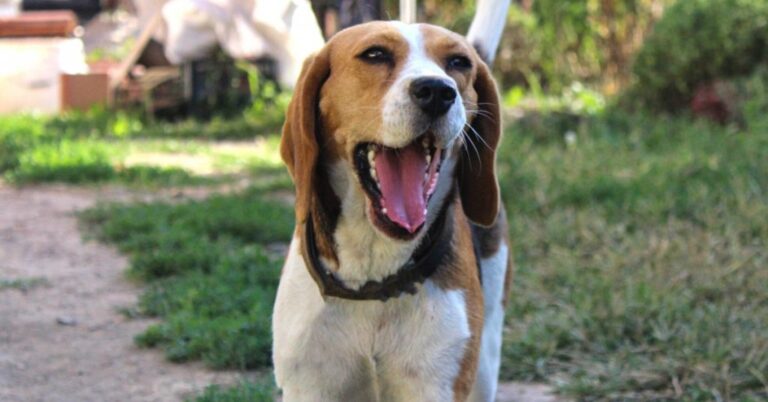Can Dogs Get Concussions
Can dogs get concussions? Unfortunately, yes they can!
Everyone is at risk of having a concussion.
Dogs can get concussions due to any traumatic head injuries like car accidents.
You may not be able to notice that your dog has a concussion.
But there are signs they show that will help you know that.
Read more to know about the signs of dog concussions, causes, what to do, and treatment options.
What is a Dog Concussion?
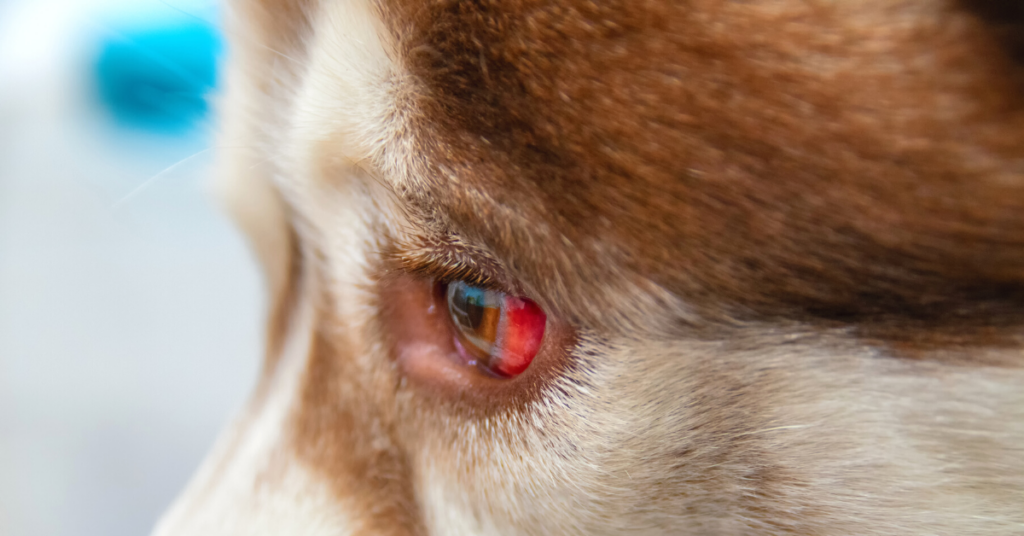
A concussion is a serious head injury that affects the brain due to accelerated movement.
This causes brain tissue to change shape.
This damage to the brain also causes chemical and metabolic changes within the brain cells, which affects the cells functions.
Dogs can also have brain swelling and bleeding, which require immediate medical care.
Based on a study, almost 3.8 million concussions in dogs happen each year.
Causes of Dog Concussion
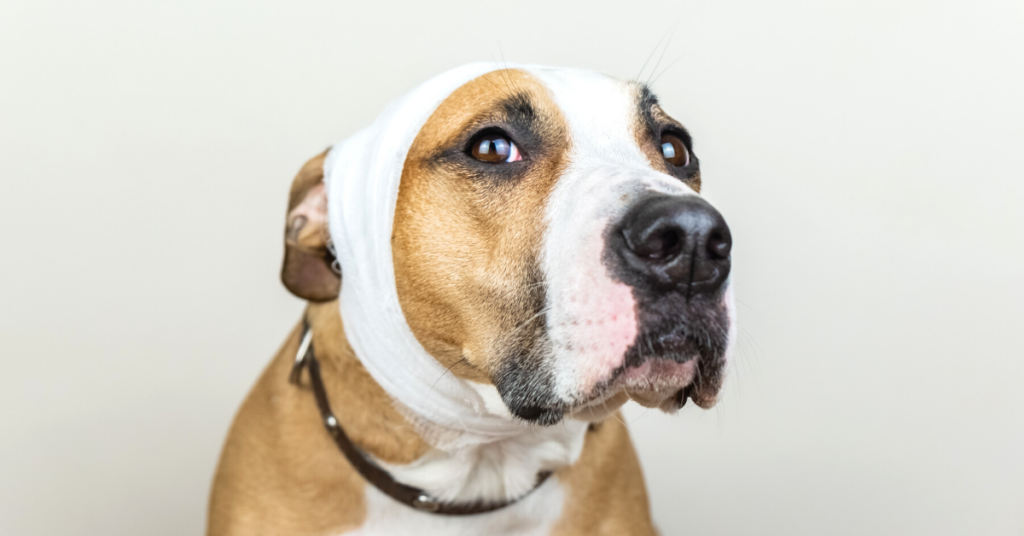
The most common cause of dog concussion is car accidents. This is why it’s important to strain your dog safely while driving.
Use a dog seatbelt, or a crate to help lower the impact on your dog in case of car accidents.
Other causes include falling from high elevations, rough play with other dogs, colliding with trees, , or accidentally getting hit with a baseball bat.
Heavy items falling on them by accident like furniture, or crashing with full speed into a glass door.
Small dogs are at risk of getting a concussion if they are carried and got dropped by mistake.
In addition, while all dogs can get concussions, some specific breeds are more susceptible to concussions than others.
Dome-headed breeds like Chihuahuas could be more prone to concussion, because of their open fontanelles or moleras, which are holes in the skull where bones have not welded together.
Signs of Dog Concussion

The most common sign of dog concussion is loss of consciousness, and being unresponsive. When that happens, you should take him to the emergency veterinary clinic immediately.
Other signs include having balancing problems, difficulty in walking, vomiting, bleeding from ears or nose, abnormal eye movement, or having different sizes of pupils. This is a condition called anisocoria.
In addition, the dog may have rigid limbs, or seizures. If you notice any of these signs, take your dog to see a veterinarian immediately, even if you aren’t sure the dog has a concussion.
There might be different underlying illnesses behind these signs that need to be treated immediately.
What to Do
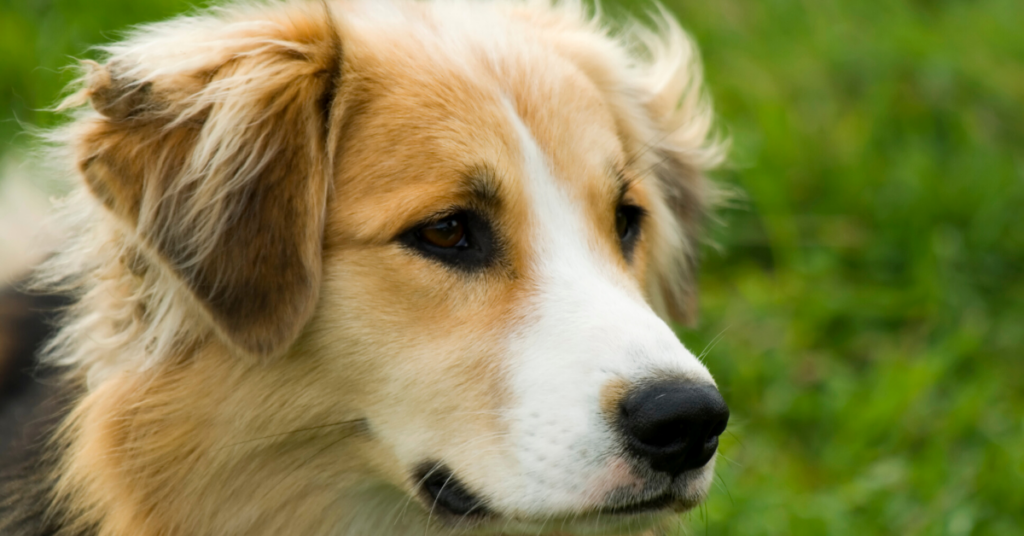
The first thing you should do in case of trauma injuries, is to stop the dog from doing any activity they are doing, and take them to a quiet place.
If the dog is still conscious, monitor them for any of the signs mentioned above, and contact your veterinarian for better instructions.
If the dog experiences any kind of trauma, it’s better to take him to the vet to make sure there is no serious damage, even if there are no obvious signs.
When transporting the injured dog to the vet, it’s important to be very careful. If the dog is semi conscious, you should keep the head elevated at about a 30 degree angle, using a pillow, to relieve any pressure on the brain.
Remove any neck collars or anything that puts pressure on the head or neck. Neck collars can block the blood flow to the brain. Shoulder harness can be used instead.
If the dog is unable to walk, you should use a board or stretcher for transportation.
If the dog loses consciousness, call your veterinarian beforehand so they can prepare for your arrival to offer immediate assistance.
Very early and quick treatment for your dog in case of serious concussions is important for better effective results, and to avoid further damage to the brain.
Treatment of Dog Concussions
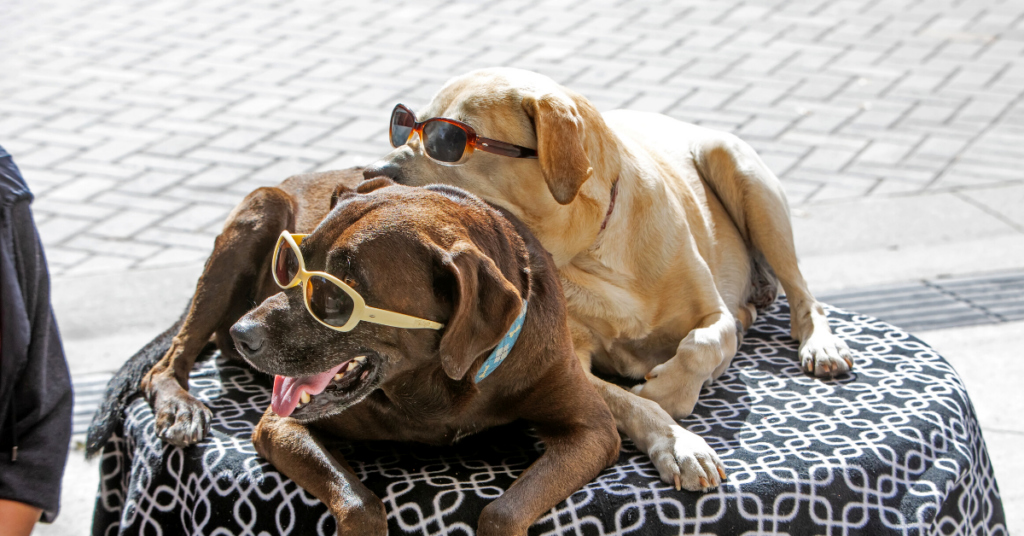
Treatment of dog concussion includes doing tests to diagnose the severity of the injury. The vet will check the dog’s heart and lungs, and to check for dehydration or low blood pressure.
IV fluids, oxygen, and anti nausea medication may be required. The dog may need to stay overnight for observation, to make sure the signs don’t get worse, since there could be swelling of the brain, and or internal bleeding.
Observation by the vet is important, due to the risk of secondary injuries that come after the head injury, like swelling or bleeding.
A canine concussion is rarely that dangerous. Single concussions in dogs usually won’t lead to severe, long term damage, if they were treated as early as possible.
It’s important to follow your veterinarian’s instructions when it comes to follow-up visits and any prescribed medications.
When to See a Veterinarian
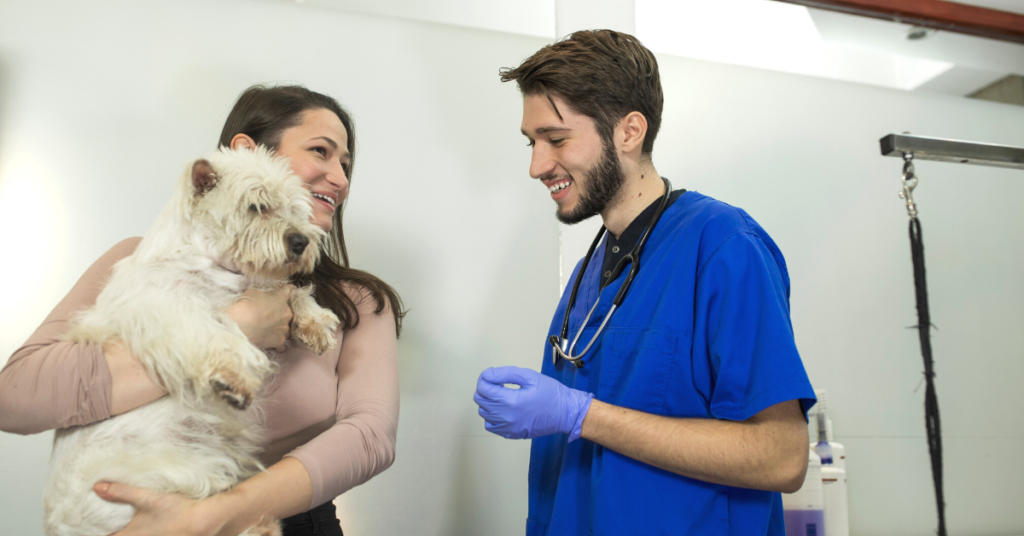
If you suspect a concussion or if you notice signs on your dog like vomiting, different sized pupils, imbalance and difficulty walking.
It’s better to call your vet as early as possible, to help your dog receive the necessary medical attention as soon as possible.




